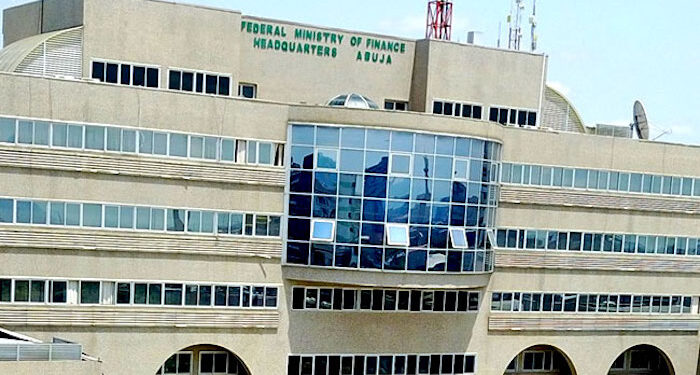Nigeria’s public debt has climbed to N87.91 trillion at the close of the third quarter in 2023, marking a marginal increase of 0.61% compared to the N87.38 trillion recorded at the end of June 2023, according to the Debt Management Office (DMO).
This cumulative figure encompasses the combined domestic and external debts of the Federal Government of Nigeria, the thirty-six State Governments, and the Federal Capital Territory. The DMO revealed that while domestic debt saw an increase of N1.8 trillion, external debt witnessed a reduction from $43.16 billion to $41.59 billion by the end of the third quarter.
The decline in external debt is attributed to the redemption of a $500 million Eurobond and the payment of $413.859 million as the initial principal repayment of the $3.4 billion loan secured from the International Monetary Fund in 2020 during the COVID-19 pandemic.
The DMO clarified that the decrease in external debt is part of the Federal Government’s commitment to fulfilling its debt obligations. The servicing of these debts, combined with others, underscores the government’s dedication to managing its financial obligations responsibly.
This development sheds light on the ongoing challenges and considerations related to Nigeria’s fiscal policies, debt sustainability, and economic resilience. As the country navigates these financial landscapes, policymakers and economic stakeholders will need to maintain a delicate balance between leveraging debt for development and ensuring that debt levels remain sustainable in the long run.


